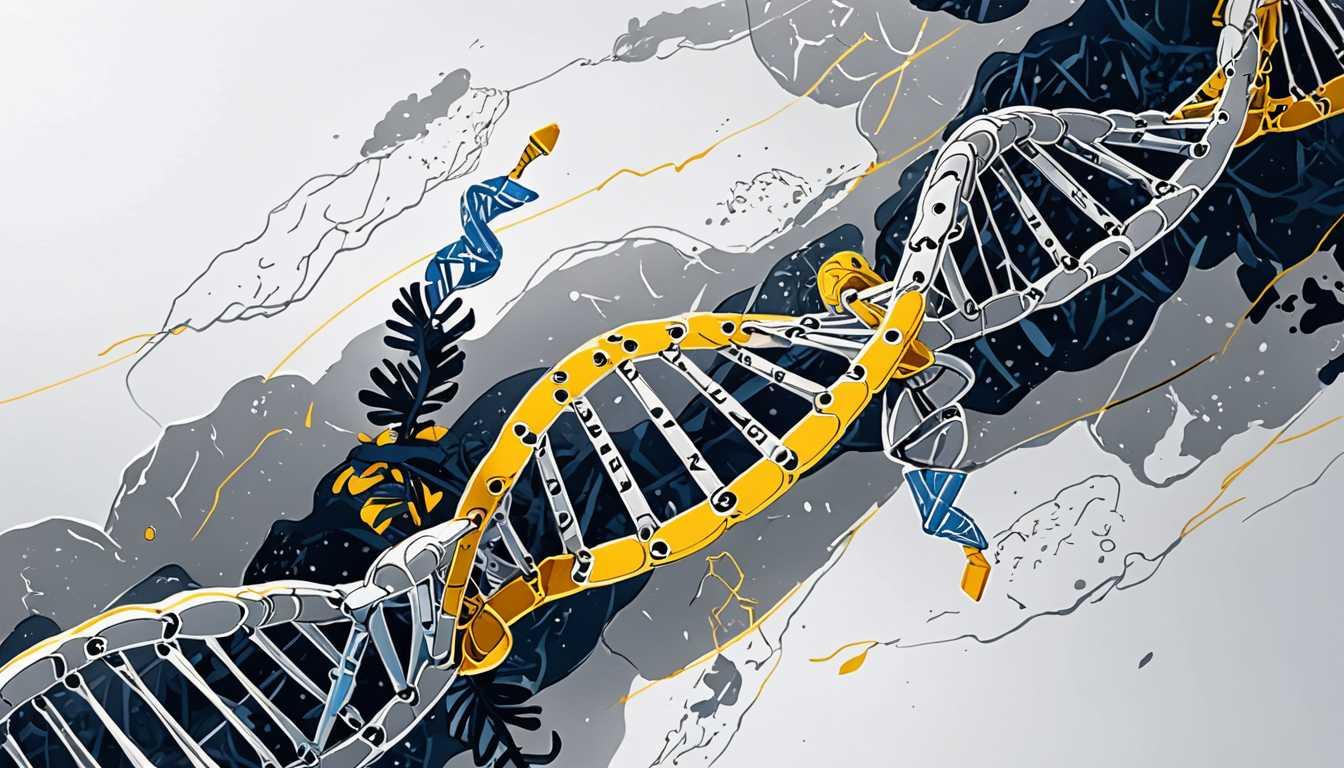Fighting Cholera: The Phage Revolution Begins
May 2024
McGill University
Introduction
Hey there, future scientists! Dive into this fascinating McGill University article that reveals how a battle rages on between bacteria and their viral foes—bacteriophages. Discover how these microscopic warriors could help tackle drug-resistant cholera, a disease that claims thousands of lives annually. The research team, led by Professor Jesse Shapiro, uncovered a crucial link between the ratio of phages and the severity of cholera. Spoiler alert: understanding this dynamic could change the game in fighting infections! Check it out!
READ FULL ARTICLEWhy It Matters
Discover how this topic shapes your world and future
Diving into the Battle of Bacteria and Viruses!
Imagine a world where tiny organisms are locked in an epic struggle for survival. This is the reality of bacteria and their viral enemies, known as bacteriophages. Understanding this genetic arms race is crucial because it has far-reaching implications for human health, especially in areas affected by diseases like cholera. Cholera is particularly devastating in parts of the world without access to clean water, leading to thousands of deaths each year. As climate change exacerbates these issues, the fight against antibiotic-resistant bacteria becomes even more critical. Researchers are exploring innovative ways to harness bacteriophages as a potential treatment for cholera and other infections. By studying how these phages interact with bacteria, scientists are uncovering new strategies to combat diseases that have plagued humanity for centuries. This topic isn't just a battle of germs, it connects to global health challenges and the resilience of communities facing these adversities.
Speak like a Scholar
Bacteriophage
A type of virus that specifically infects and kills bacteria. Think of them as the predators in the bacteria vs. virus drama!
Antibiotic Resistance
When bacteria evolve and become immune to the effects of antibiotics, making infections harder to treat. It's like bacteria leveling up to survive against our medicine.
Genetic Analysis
The examination of DNA to understand the genetic makeup of organisms. Researchers use this to see how bacteria and viruses evolve and interact.
Effective Predation
A concept that describes how the relationship between predators (like phages) and prey (like bacteria) influences the severity of diseases. More predators can mean milder cases of infection!
Ecosystem
A community of living organisms and their environment. In this context, it refers to how bacteria and viruses interact within their habitats.
Clinical Trial
A research study that tests new treatments or therapies in humans to see if they are safe and effective. This is where ideas become real-world solutions!
Independent Research Ideas
The Role of Climate Change in Waterborne Diseases
Investigate how changing climates affect the prevalence of cholera and other waterborne illnesses. Understanding these impacts could lead to better prevention strategies.
Bacteriophage Therapy vs. Traditional Antibiotics
Explore the effectiveness of using phages instead of antibiotics to treat infections. This could reveal new pathways for fighting drug-resistant bacteria.
Genetic Adaptations in Bacteria
Study how bacteria evolve and adapt to survive against phage attacks. This could provide insights into the ongoing arms race and how these organisms change over time.
Impact of Clean Water Access on Disease Severity
Analyze how improving access to clean drinking water can reduce the severity and incidence of diseases like cholera. This could highlight the importance of infrastructure in public health.
The Ethics of Genetic Engineering in Disease Treatment
Delve into the ethical considerations surrounding the genetic manipulation of bacteria and viruses for medical purposes. This could lead to a deeper understanding of the moral implications of scientific advancements.
Related Articles

Eye Protein: A Potential AMD Game Changer
June 2024
University of Bristol

Tiny Gene, Big Impact: A Genetic Breakthrough
June 2024
University of Bristol

Genetic Mysteries of Lupus Explained!
May 2024
UC Berkeley

Malaria's Clever Escape: The tRNA Secret
May 2024
MIT News

Statins: A Surprising Ally Against Cancer?
May 2024
Harvard Gazette